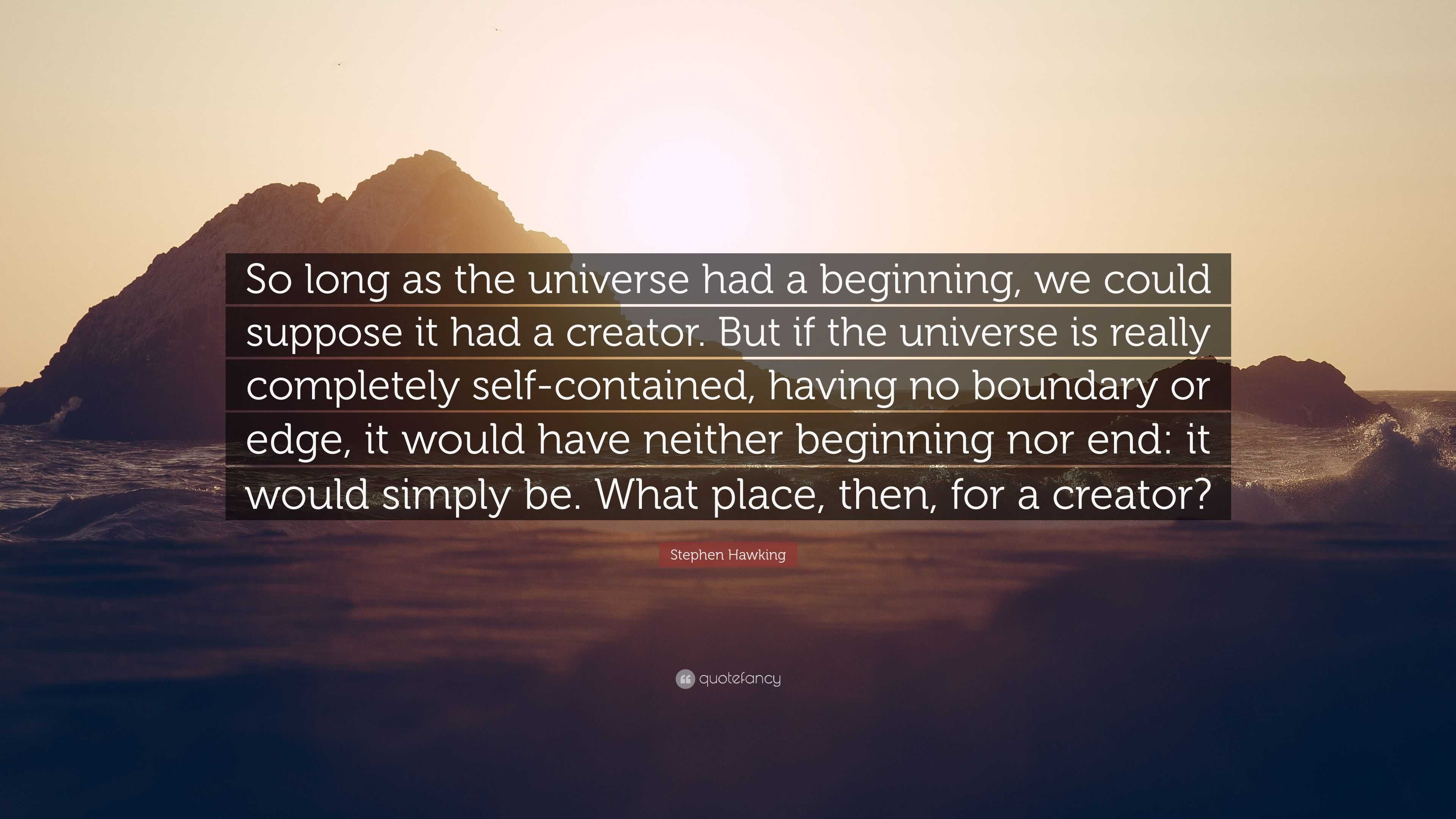The Universe Had a Beginning: Why Science Points to a Creator

Atheistic materialism often assumes the universe is eternal, a self-existent brute fact. However, modern science has powerfully converged on a different conclusion: the universe, in some form, had a definitive beginning. This isn't a theological assertion, but a scientific one with profound implications.
The evidence for a cosmic beginning comes from two powerful and independent lines of reasoning: the laws of thermodynamics and the data from observational cosmology.
1. The Thermodynamic Argument: The Universe is Running Down
The Second Law of Thermodynamics is one of the most tested and reliable principles in all of science. It states that in an isolated system, the amount of usable energy decreases over time, and disorder (entropy) increases. The universe, as a whole, is the ultimate isolated system.
If the universe were eternally old, it would have already reached a state of maximum entropy, a "heat death," where all energy is evenly distributed and no further work is possible. Every star would have burned out, all radioactive atoms would have decayed, and the cosmos would be a cold, dark, and uniform void.
The fact that we observe a universe full of complex structures, hot stars, and usable energy means it has not existed forever. It began a finite time ago in a highly ordered, low-entropy state and has been running down ever since.
2. The Cosmological Argument: The Expansion of the Universe
In the 20th century, Edwin Hubble's observations confirmed that the universe is expanding. Galaxies are moving away from each other, implying that if we reverse the clock, the entire universe was once in an incredibly hot, dense state—a singularity known as the Big Bang.
This model, supported by evidence like the Cosmic Microwave Background radiation and the abundance of light elements, points to a definite beginning for space, time, matter, and energy. As the file notes, even secular scientists like Alexander Vilenkin have concluded that "all the evidence we have says that the universe had a beginning."
The Inescapable Conclusion
The combination of these two pillars of modern science is powerful:
- Thermodynamics tells us the universe cannot be eternally old.
- Cosmic Expansion tells us it started from a singular beginning.
Therefore, the universe is not eternal. It began to exist.
This scientific consensus leads directly to a philosophical question: What can bring a universe into being from non-existence? The cause of the universe must itself be timeless, immaterial, and unimaginably powerful—attributes that align with the concept of a transcendent Creator. While science alone cannot identify this cause, it points unequivocally to the need for one.